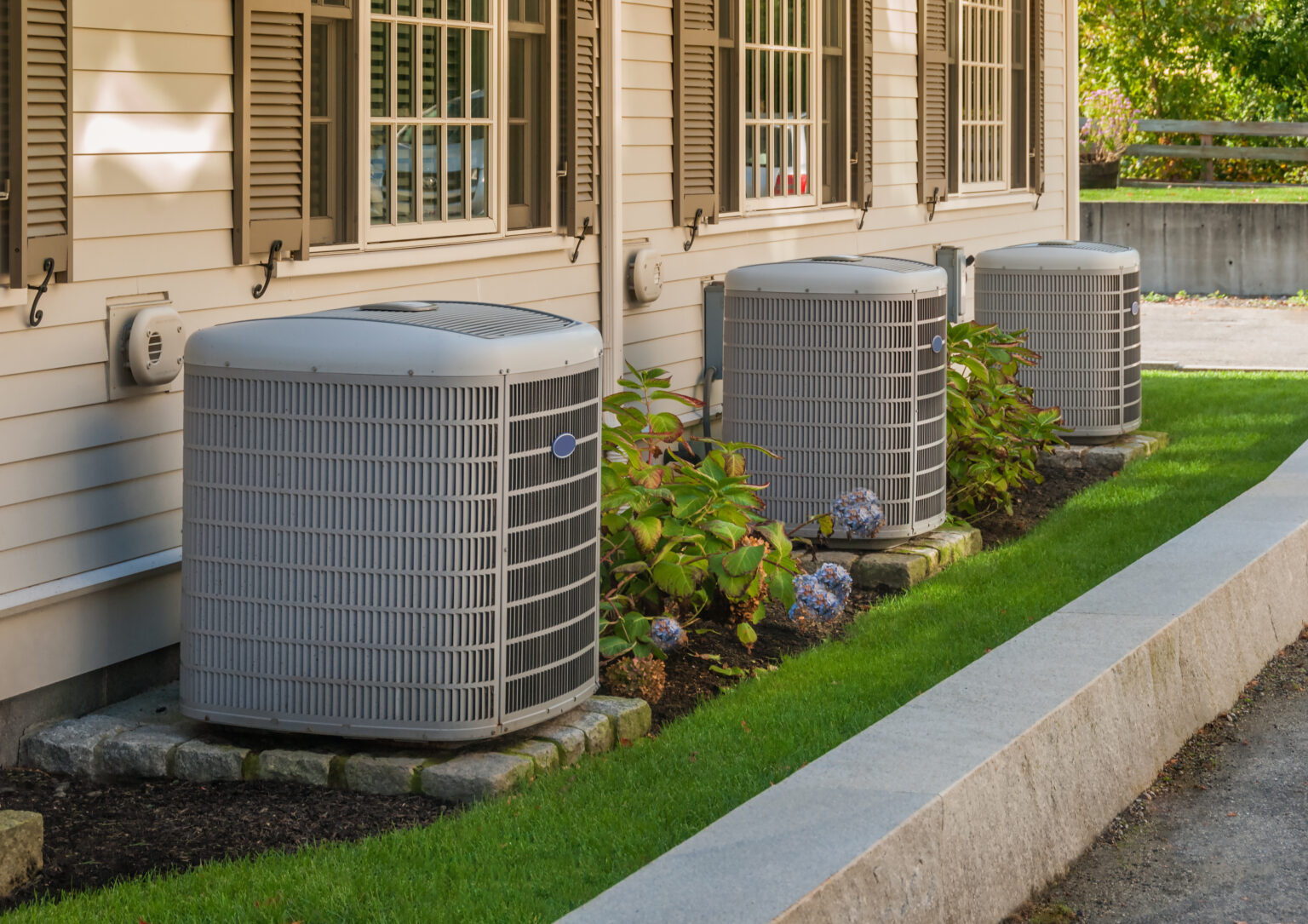HVAC System Installation
What is HVAC?
It is short for heating, ventilation, and air conditioning. It is a source of ventilation in buildings and also heats and cools buildings. Depending on the space you have, HVAC can be a combination of the following:
- Air Conditioning Units
- Central Heating Units
- Wall Heating Units
- Ductless Mini-Split Units
- Ducted Mini-Split Units
- Air Ducting Systems
- Whole House Fans
Not all HVAC units are air conditioning units. HVAC is a larger term applying to broader air control systems. We are moving into a new age of better and more efficient air control systems. The only way forward is to be well informed before you make your choice.
How Does the HVAC System Work?
Fresh air is brought into your building in one of two ways:
- Natural Ventilation means no special equipment is required and air moves in naturally through doors and windows leading to the outside. This removes odors and moisture from your home and replenishes oxygen levels.
- Mechanical Ventilation uses mechanical methods to bring air in and out of your building. New homes are now tightly sealed and require HVAC system installation to properly ventilate our homes. The air is brought in from the outside and is cleaned of dust, allergens and other particles. The air is used for both heating and cooling and also takes the excess humidity out of the air.
Why is HVAC System Installation So Expensive?
It is very specialized installation work. So the salary of the ‘trades’ involved, adds to the cost. The work requires both electrical and plumbing specialists to do the installation, and both these trades are in high demand.
How Long Does it Take to Install a Central HVAC System?
The system will include installing both outdoor and indoor parts, where interconnecting air ducts allow air into the rooms. This is a big installation, a bit like a building project, and could take about three days to complete. Two days are required to complete the ductwork, and with a larger system, it could be three days.
What is the Importance of HVAC?
HVAC is important as a reliable cooling electrical and heating service and air conditioning is a part of HVAC where the unit moves air through space by either heating or cooling it. It also maintains your home’s air quality keeping the air inside from becoming stale and unhealthy.
- It maintains the comfort of your indoor environment.
- Provides a level of energy efficiency.
- Improves the quality of indoor air.
- Monitors, controls, and maintains indoor air space.
- Keeps bacteria and bugs away.
However, it is important to build a maintenance plan into your contract. In order to maintain good air quality, your HVAC system must have regular cleaning and maintenance. This is carried out by trained technicians, who totally understand the system.
When Should I Replace My Air Conditioner?
If your system is properly maintained, it can last for 15 years or longer before it is replaced. With technology, things are constantly being upgraded and changing. Once the system gets old, it won’t be as efficient and may be damaging to the environment.
The Mini Split System
With a mini-split system, the ductwork is removed and is replaced with refrigeration pipework. One of the advantages is a reduced operating cost. Because there is not a lot of ducting installed, the mini-split looks a lot neater and takes up less space.
How do Heat Pumps and an Air Conditioner Differ?
A heat pump can both heat and cool your house, but an air conditioner is paired with a type of furnace to supply heat in winter. Together the furnace and the air conditioner make up a total heating and cooling system.
Seasonal Energy Efficiency in HVAC System Installation
SEER or seasonal energy efficiency ratio is the HVAC metric for measuring air conditioner efficiency over a cooling season. The higher the ratio the lower the electricity use, and the more efficient the system is. Of course, over time your system will gradually lose efficiency and use more energy, and this is why it will ultimately need replacing.





